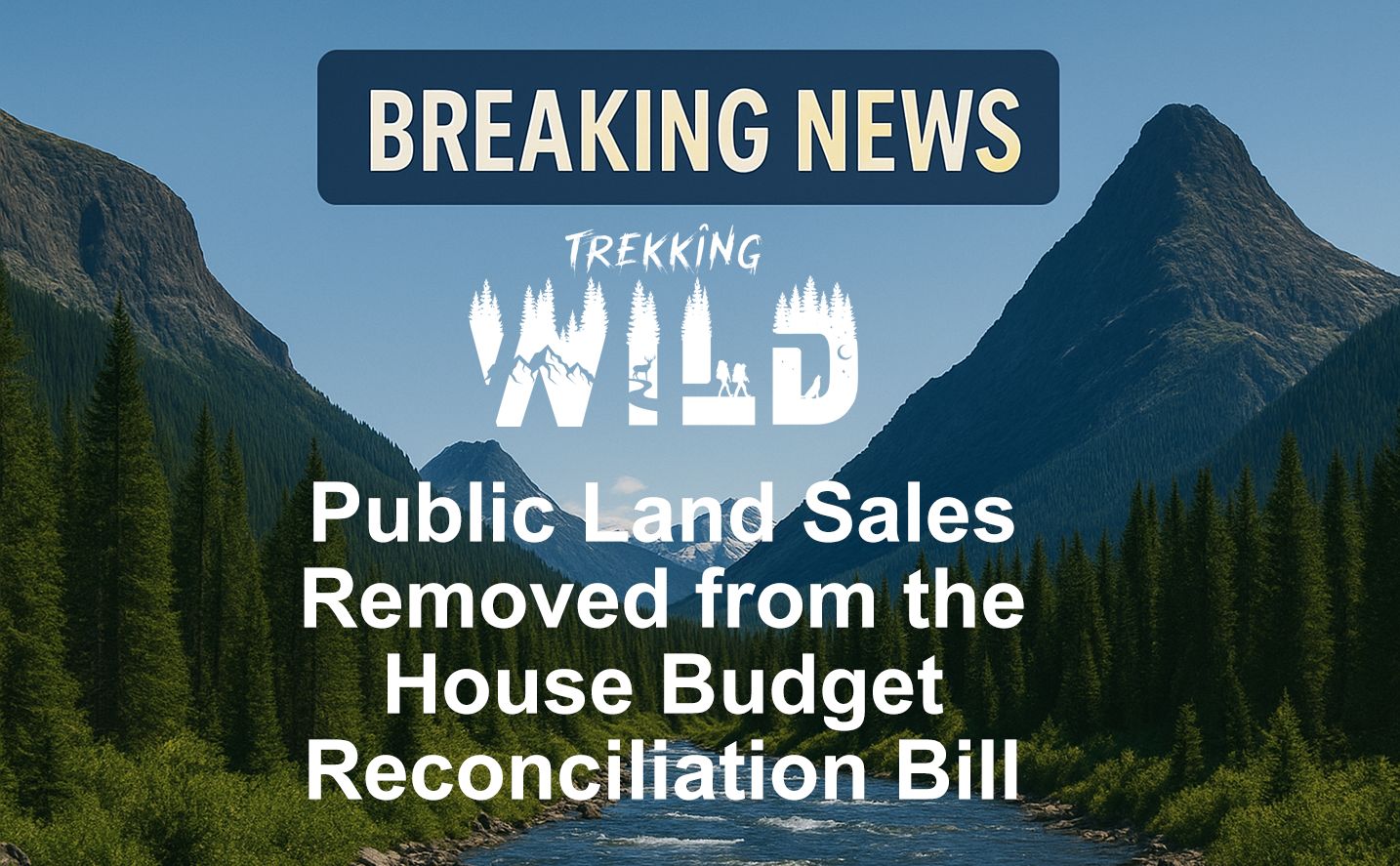In a major victory for public land advocates, a controversial provision that would have forced the sale or transfer of nearly 1.5 million acres of federally managed land in the West has been pulled from the House Budget Reconciliation Bill.
Late this afternoon, the House Rules Committee removed the provision using a procedural mechanism known as a “manager’s amendment,” following mounting pressure from a small but vocal group of Republican lawmakers.
A Quiet Introduction, a Loud Backlash
The provision was quietly introduced just before midnight on May 7 as an amendment to the massive budget bill by Nevada Representative Mark Amodei and Utah Representative Celeste Maloy, both Republicans on the House Natural Resources Committee. Initially, the amendment appeared to affect just 10,000 acres in southern Utah, but as more details came to light, the true scale of the proposal became clear.
The amendment also included a requirement to sell or trade 500,000 acres in Nevada, and the numbers only grew from there. Just hours before the provision was stripped, OnX Maps released a detailed spatial analysis revealing that a staggering 1,466,352 acres of public land across the West were actually at risk.
Conservationists and Public Lands Advocates Mobilize
The news set off an immediate firestorm. Prominent conservation and sportsmen’s groups-including Backcountry Hunters & Anglers, the Theodore Roosevelt Conservation Partnership, and the National Wildlife Federation-sounded the alarm and began rallying the public. Outdoor enthusiasts, hunters, anglers, and concerned citizens flooded congressional offices with calls and emails demanding that the land sale provision be removed.
Key Western Voices Step In
Among the lawmakers who stood against the measure were Montana Representative Ryan Zinke and Idaho Representative Mike Simpson, both of whom played crucial roles in the push to remove the provision.
“This was my San Juan Hill; I do not support the widespread sale or transfer of public lands,” Zinke stated in a press release. “Once land is sold, we will never get it back. God isn’t creating more land.”
Their leadership, along with the mobilization of citizens and organizations across the country, helped tip the scales and protect these critical landscapes.
A Win-But a Reminder to Stay Vigilant
While this removal is cause for celebration, it also serves as a stark reminder: proposals to privatize or trade away our public lands can surface quickly and quietly-often buried in unrelated legislation. The swift response from the outdoor community demonstrates the power of grassroots advocacy and the importance of staying informed.
At Trekking Wild, we believe public lands are one of America’s most treasured assets. They belong to all of us-and it’s up to all of us to protect them.

